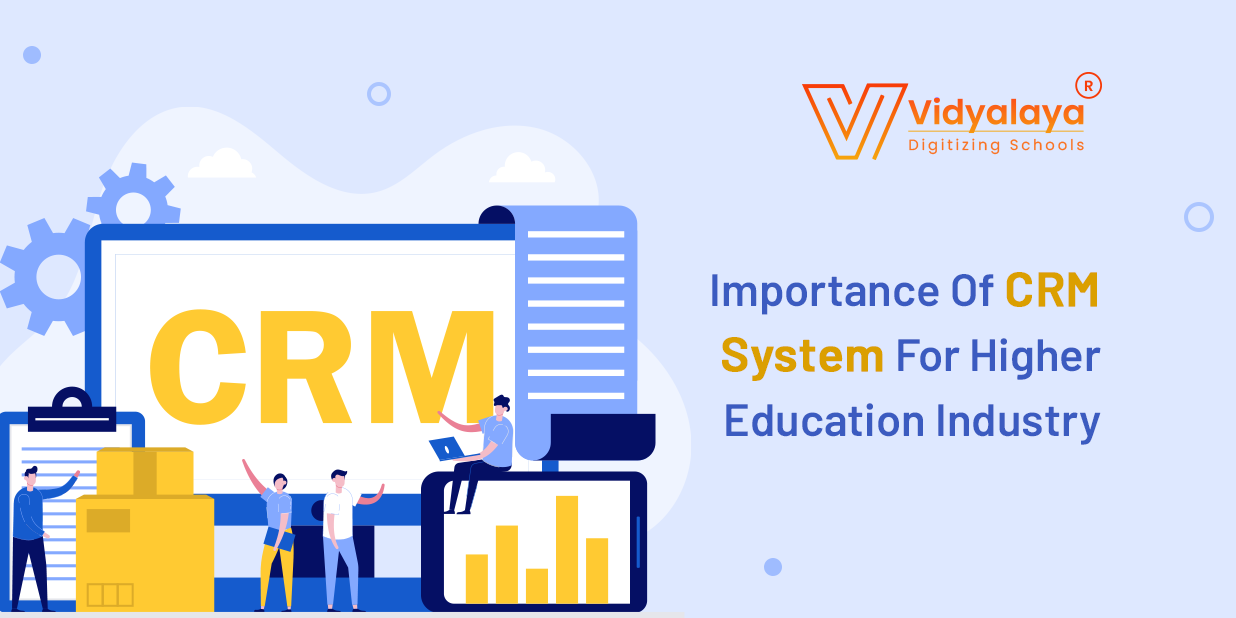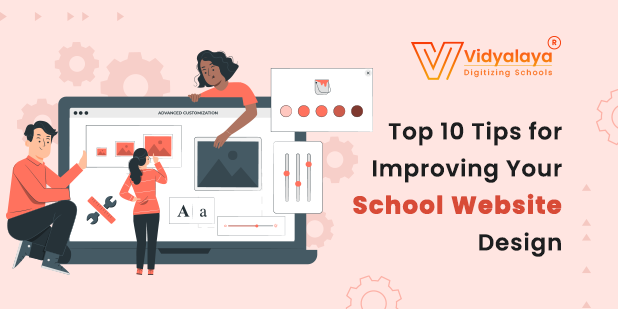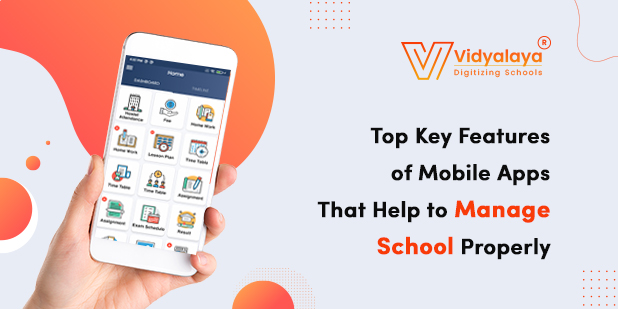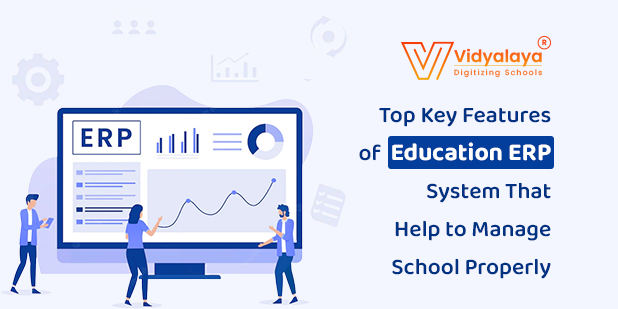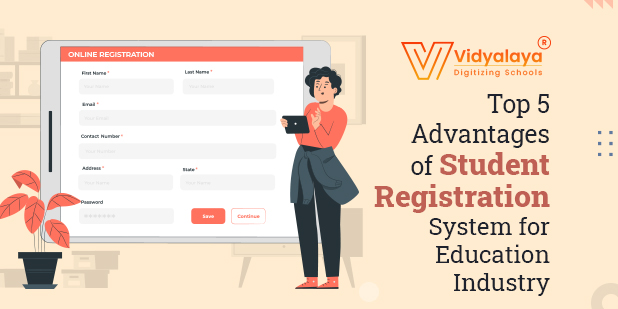What do you imagine when you hear the word- college/university? Ivied buildings, full-pack lectures, students wandering in premises, various departments, and … CRM system? Surprised? Although it may look odd in the list, as students and customers are not synonyms, when observed on a larger canvas, one can learn various analogies between them. A Higher education CRM system acts as an effective tool for HEIs and envelops several features that can take higher education to the next level. If you are still behind the line, learn why you should immediately make some moves to bring this technological beauty to your campus in this educational blog!
What is CRM in the higher education system?
CRM Customer Relationship Management solutions unify and handle information on stakeholders of the education system, streamlines operations, vanishes the data silos, and make the entire learning process nimbler. When it is crafted and implemented strategically, a CRM system empowers higher education institutes to foster the real purpose along with add-ons. It automates the workflows and improves communication between stakeholders.
Hearing right from a person who has hands-on experience in higher education CRM can be effective in concreting the decision and learning more about it. Andy Ball from Westminster University specifies that the Implementation of a digital event management system is their first success with CRM. With this implementation, they were able to offer the ultimate user experience by utilizing online booking forms, confirmation, and reminder emails. In the pre-CRM system era, the manual reconciliation of data was a lengthy process. With easy uploads to CRM directly from our event tablets, they can wind up the data processing within an hour only. This is not a mere example, numerous testimonials give beneficial replies for CRM implementation.
What is the significance of the CRM system in the education system?
Higher education CRMs are great tools for managing and targeting numerous leads and prospective students. The significance is not limited to the marketing area of education but also affects other touchpoints. Here is a complete illustration of how a CRM system is significant in higher education:
1. Speeds up the Process:
Educational institutes keep on sharing diverse information about courses and programs held. Various communication modes like email, phone calls, messages, and others. Conveying messages to students is a time-consuming job but complexity just vanishes with the education system implementation. It automates the entire process where the institute just drafts the content. The rest of the processes like fetching contact information from the database and sending personalized emails. This significantly saves the time and effort of the staff.
2. High-end Automation:
Automation of processes always keeps the scale higher as compared to manual. Setting up communication with students, processing the leads, keeping track of leads, and making marketing strategies according to it to boost enrolment are some of the tasks that a CRM system does automatically without human intervention. Also, the accuracy and efficiency acquired through this are incompatible. Through the analyzed data, it becomes easy for education systems to set up strategies accordingly.
3. Student Life Cycle management:
CRM implementation in higher education system helps to complete students’ life cycles in more efficient ways. Right from the application to maintaining students’ records as alumni, CRM stands out with the educational institute at every phase. It stores the data accurately, and safely and retrieves and presents it in a standardized or customized manner. The search and locate facility helps users to get the desired information rapidly.
4. Seamless Integration with third-party Services:
Educational institutes use various tools for smooth operations. CRM integration with the education system takes this to the next level and improves user experience. Integration with third-party services like social media, email services, online payment, SMS, and GPS enables the institutes to work better and more efficiently.
5. Improvement in Product/Service Quality:
It is necessary for higher education to establish and maintain relationships with staff members and students. This helps educational institutes to ensure better student lifecycle management.
6. Cost Reduction:
Cost reduction is one of the major benefits of CRM implementation in the system. Automation and standardization of online processes yield significant cost reductions. The elimination of several manual steps can save hard-earned pennies. Additionally, users can ask for revisions if the desired level of outcomes is not achieved after implementation.
7. Builds Alumni Relationships:
Students who have passed out from the institute are also important as they are brand ambassadors and can contribute to institutes a lot. To remain in touch with them, the institute maintains a detailed record of alumni that can ultimately help in various functions like placements, fundraising, mentoring, and others.
8. Offers Real-time Data:
Users can get a quick recap of the number of replies, the number of applications, students categorizing based on communication mode used, or even unsubscribed users list. The analyzed data will help decision-makers to understand the data patterns to come up with customized marketing strategies.
CRM systems are already serving different sectors and giving satisfying outcomes. So, why not bring this into the education stream? Yes, CRM in the education system may look off the mark, but it provides an integrated platform that connects insights across admissions, student experience, and others into a single pane of glass. Vidyalaya promotes easy collaboration so that students can get more support and a seamless learning experience. Want to learn more about how Vidyalaya can transform your journey? Check out our other EdTech blogs or drop an email to discuss more!






















